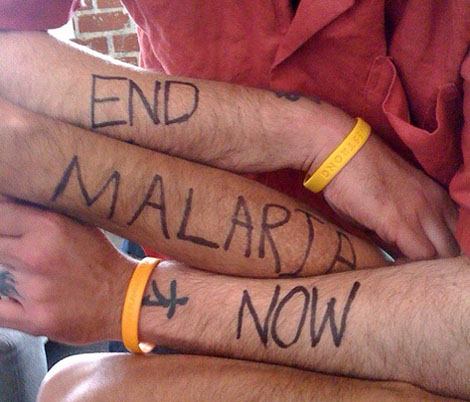Introduction: Tackling Pandemics as a Governance Challenge
Jeremy Youde
Writing in Foreign Affairs in 2007, Michael Osterholm of the University of Minnesota warned:
No one can predict when the next pandemic will occur or how severe it will be. But it will occur for sure, and because of the interdependence of the global economy today, its implications will reach far beyond its toll on human health…Yet the issue has generated only limited attention in both the public and the private sectors worldwide because preparing for a pandemic is a daunting challenge to begin with and because disaster has not yet struck. But that good news could turn into very bad news if it leads to slacking off on preparedness activities today. In a world filled with competing international priorities, preparing for something that may not happen in the next year may seem hard to justify in terms of both financial resources and time, but that is no excuse for inaction.
Osterholm highlights a key dilemma for the global health community. It is inevitable that the world will face an infectious disease pandemic, and it will need to establish the structures and systems necessary for governments and economies to continue to operate. This requires a substantial investment of time and resources by both state and non-state actors. However, we have no way of knowing what the next pandemic will be or where it will strike. Such ignorance makes it difficult to generate the political will necessary to make the necessary investments. Furthermore, it is not entirely clear what the proper preparations even are.

